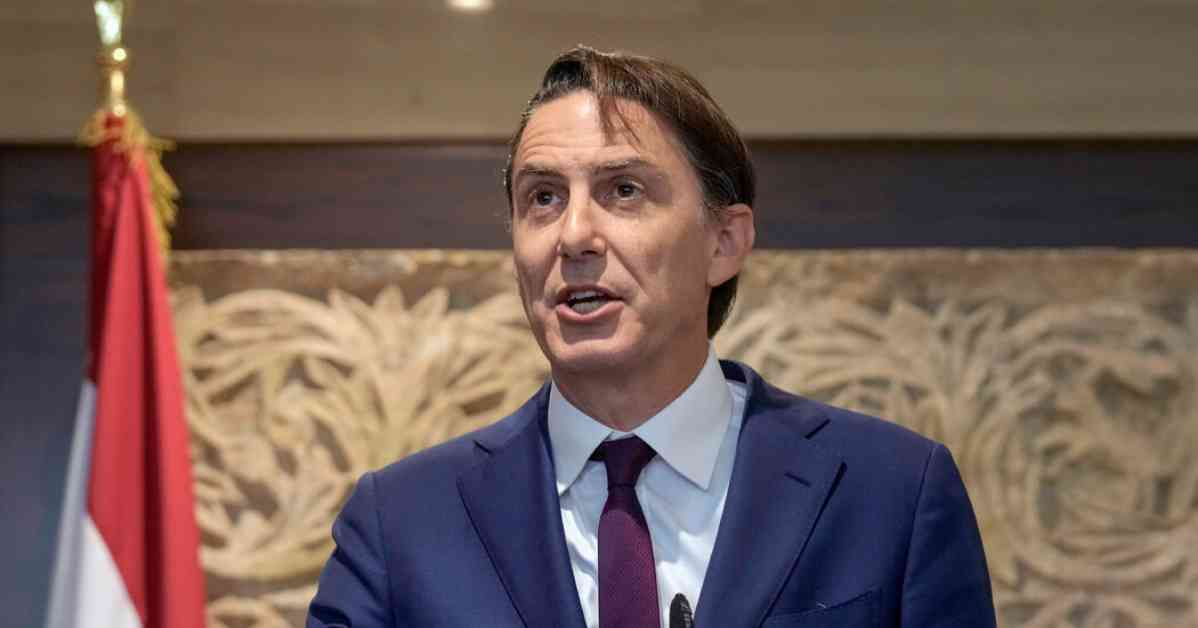Amos Hochstein, a key energy policy official and close adviser to President Biden, has been making significant diplomatic efforts along the Israel-Lebanon border. A few weeks before the recent Hamas attack on Israel, Hochstein visited eastern Lebanon, known as a Hezbollah stronghold, for a sightseeing trip that also made a strong political statement.
During his visit to the ancient ruins of Baalbek, Hochstein, dressed casually in white pants and a golf shirt and without any security entourage, marveled at the artifacts while being observed from a distance by Hezbollah militiamen. This visit raised eyebrows in the Lebanese media, questioning how an American official, especially one born in Israel, could freely move around Hezbollah-controlled territory.
This visit highlighted the unique position that Hochstein holds as one of the few Americans trusted by Hezbollah’s leadership, a trust that has become crucial as President Biden has appointed him as the point man for diplomatic efforts to prevent escalation along the Israel-Lebanon border.
While officially serving as Biden’s top aide for global energy and infrastructure, Hochstein’s role has expanded significantly under the president’s trust. Described as a results-driven “doer,” Hochstein is now tasked with managing delicate diplomatic relations in a volatile region.
Hochstein’s ability to navigate complex political landscapes and build relationships with groups like Hezbollah showcases his diplomatic skills and the trust he has earned over the years. As tensions in the Middle East continue to simmer, having a trusted and influential figure like Hochstein involved in diplomatic efforts is seen as a crucial step towards maintaining stability and preventing further conflicts.
His role as a confidant to President Biden and his diplomatic work in the Middle East highlight the importance of personal relationships and trust in international relations. Hochstein’s unique position as a bridge between different factions and his ability to navigate challenging situations make him a key player in the region’s diplomatic efforts.
As the situation in the Middle East remains tense, the presence of diplomats like Hochstein, who can build trust and facilitate dialogue between conflicting parties, becomes increasingly vital. In a region where tensions can quickly escalate into violence, having skilled diplomats like Hochstein working behind the scenes can make a significant difference in maintaining peace and stability.





















